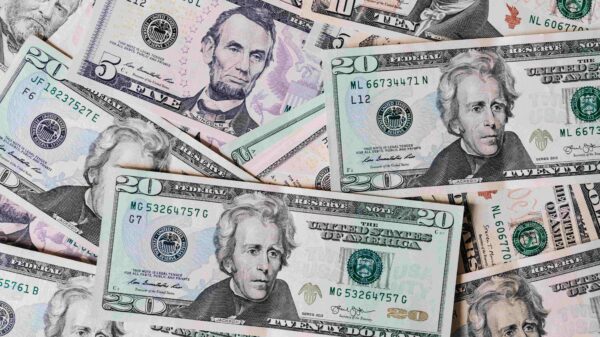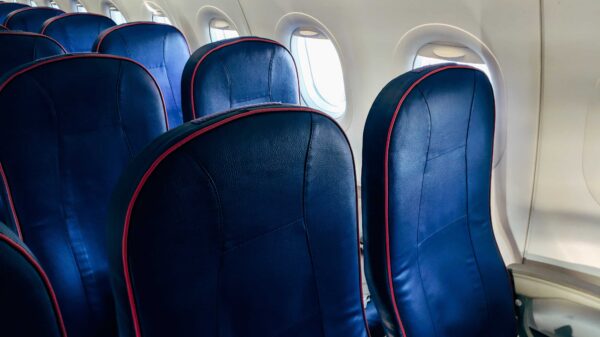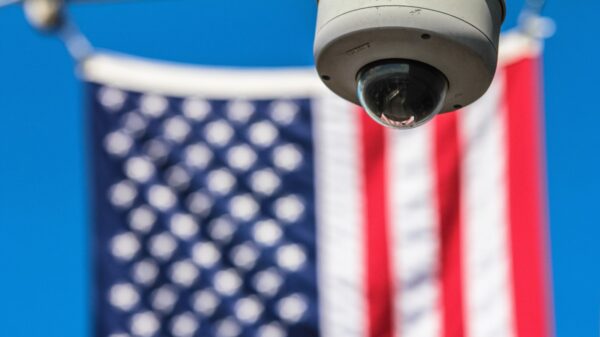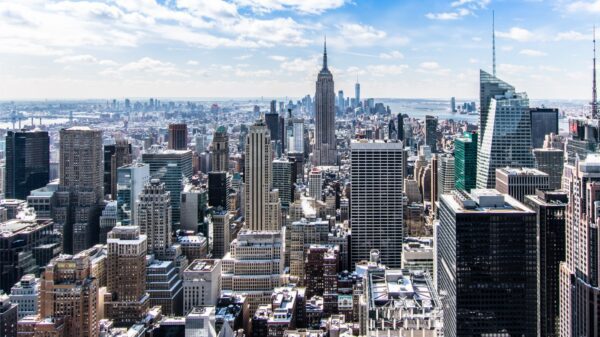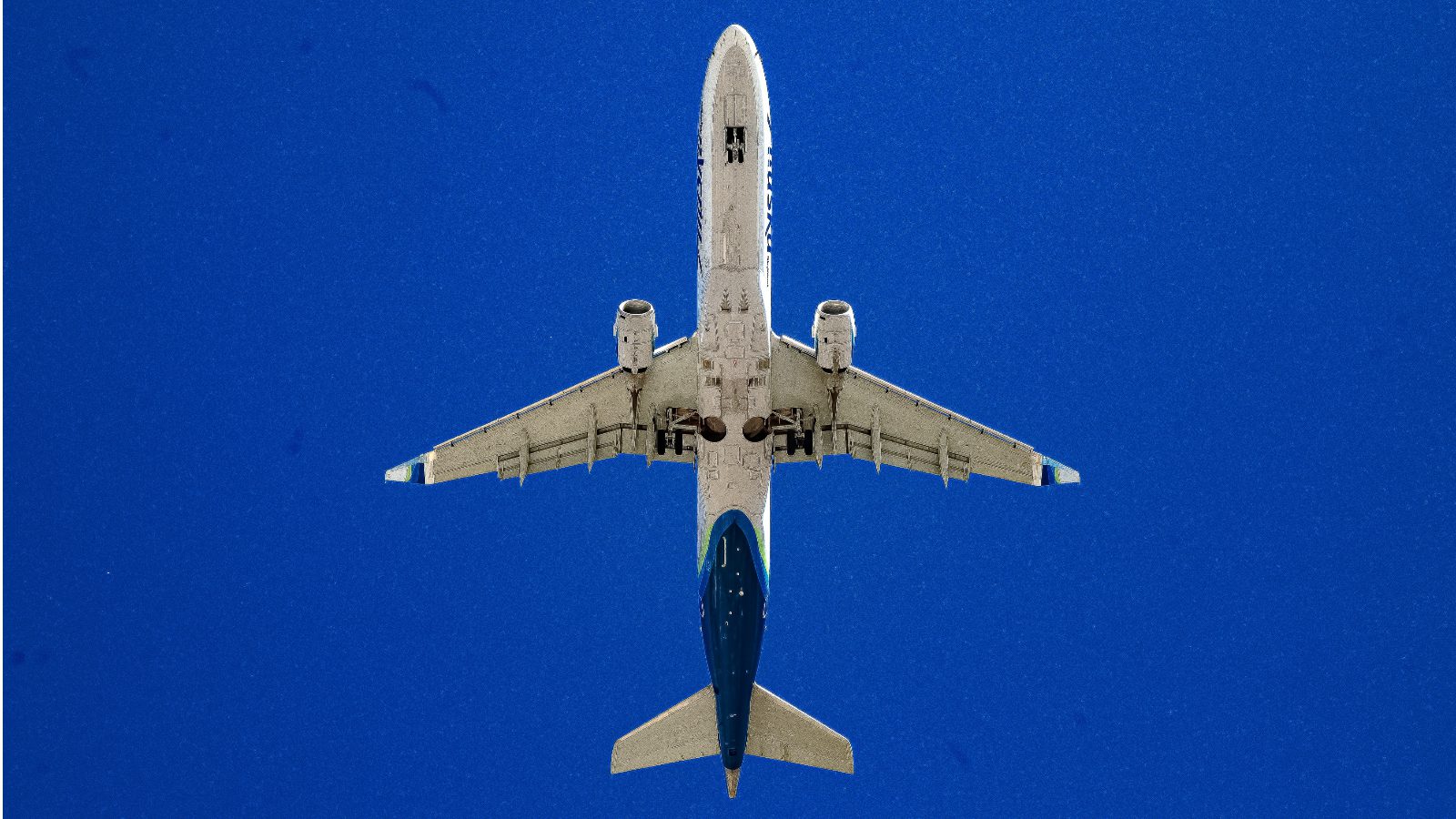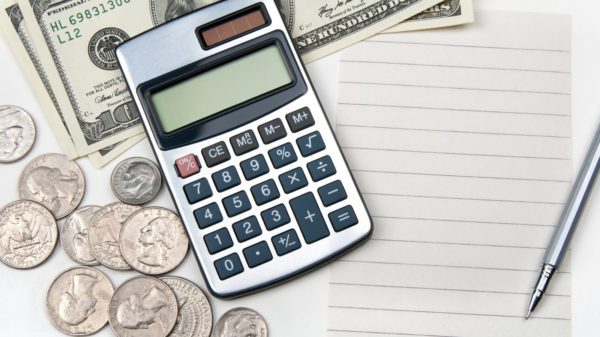While I was born far too late to enjoy the so-called “golden era of aviation,” air travel was far better when I was a kid. I remember the real food that was eaten using real forks and knives, and the mid-air tours of the cockpit where I would be affixed with wings and be deemed an honorary pilot. I also remember the beginning of the decline. 9/11 stuck the nail in the coffin of the airlines. Since the attacks, they’ve been playing a game of musical chairs that has typically ended in bankruptcy.
There’s little doubt that we’ve seen a dramatic decline in the quality of on-board service in my short life span. Even a decade ago, flying didn’t seem as unsanitary, inconvenient, or as claustrophobic as it does today. Amid the fall in service quality, we’ve seen fares skyrocket following a flurry of mergers. The question of why air travel is so terrible and expensive, even with record low gas prices, is something that is on many Americans’ minds.
Airlines are Historically a Terrible Return on Investment
Investors are understandably skeptical about betting on airlines, because they’ve never really recouped the cost of capital. In the end, legions of people since the dawn of aviation have taken significant haircuts or lost their entire principal investment in complicated, drawn-out bankruptcies. For decades, competition was cut-throat and prices remained stagnant. Not surprisingly, profit margins were dangerously low. It was a poorly kept secret that nearly every airline’s fiscal situation was constantly unsustainable. Post 9/11, every major airline that exists today declared bankruptcy.
Southwest Airlines was the reason many of us were able to travel cheaply for so many years. For decades, they were the Walmart of the skies and created a phenomenon called the “Southwest Effect.” This meant airfares would plummet when the airline started service to a new city. This would sometimes permanently keep prices low. As a rule of thumb, investors in the airlines don’t want increased capacity, because any dramatic increase in supply can depress prices for long periods of time and cause massive losses.
In order to survive, airlines began to merge into extremely large corporations. First on the list was Delta-Northwest in 2009, followed by United-Continental in 2010, Southwest-AirTran in 2011, and American-US Airways in 2013. In the span of four years, 70-80% of the domestic market came to be controlled by four airlines: Delta, United, Southwest, and American. To the surprise of many, federal regulators signed off on these deals despite concerns of collusion and much higher prices.
Low Oil Prices, Reduced Competition, and Fees Have Created a Profit Bonanza
Not surprisingly, with less competition, profits at airlines exploded following these mergers. The “Southwest Effect” became history because that airline began behaving like its competitors. Coupled with a dizzying array of fees, airlines are enjoying unprecedented profitability. Baggage and cancellation fees alone brought in six and a half billion dollars industry-wide last year. If you try to book a ticket, you’ll often run into maddening and opaque seat assignment systems that often leave you separated from your love ones and close to a pungent lavatory—unless you want to pay extra fees.

Overall, most of us are aware that passengers enjoy less room, much fewer flight options, employees are less satisfied, and planes seem less clean. The sad reality is that employees and passengers have not benefited from gang-buster profits. The 50% decline in oil prices has not created a windfall for anyone except shareholders and upper management. In a climate where prices should have come down, they’ve remained elevated, which eventually caught the attention of industry regulators.
The Bold Face of Collusion: An Industry Under Investigation
These major airlines are publicly traded companies, with shareholders who are understandably interested in making money. With only four major airlines in the largest economy in the world, industry conferences have turned into small, tightly knit conversations between people that should be fiercely competing for market share. At a summit in Miami this year, executives spoke freely to their friends on Wall Street about “capacity discipline,” or limiting the expansion of seats and flights that could drive down prices. Essentially, airlines have begun to behave like an oligopoly, or a market with few players that often collude with one another to keep prices artificially high. Regulators and elected leaders were not amused at the notion of airline executives openly discussing “capacity discipline.” Federal authorities are currently investigating all four major airlines for collusion, or “unlawful coordination.”
What’s Next for the Airlines?
Americans are acutely aware that flying can be very unpleasant, but they are simply unwilling to pay more. The desire for low fares trump all other concerns for consumers, which has, in effect, doomed the industry to permanent mediocrity. Prices will likely continue to rise, while service will stay barely adequate. Unfortunately, fares may not ever be as cheap as they were a few years ago.
The Modern Airline Industry is a Regulatory Nightmare
The Justice Department’s investigation of United, Southwest, American, and Delta is ongoing, but those airlines control an astronomical portion of the market. In some ways, they are too big to fail. Shutting them down would put the average citizen’s ability to move about the country in peril. Perhaps it’s time for some increased competition, and elevated prices may be inviting for new start-up airlines to enter the market. Eventually, consumers will grow tired of having limited options, paying exorbitant fees, and being cramped in undesirable conditions.






